Description
Refrigeration Compressor
A Refrigeration Compressor is a critical component in refrigeration and air conditioning systems, responsible for compressing refrigerant vapor to increase its pressure and temperature. This process enables efficient heat exchange and cooling, making refrigeration compressors essential for preserving food, medicines, and other temperature-sensitive goods.
Modern refrigeration compressors come in various types—scroll, rotary, reciprocating, and screw—each designed to meet specific application needs ranging from small household refrigerators to large industrial cold storage facilities. They are engineered to deliver high efficiency, durability, and quiet operation while supporting a wide range of refrigerants, including environmentally friendly options.
Applications
-
Commercial and Industrial Refrigeration (supermarkets, cold storage warehouses)
-
Residential Refrigerators and Freezers
-
HVAC Systems in Residential and Commercial Buildings
-
Food Processing and Preservation
-
Pharmaceutical Storage Units
-
Transport Refrigeration (trucks, containers)
Features
-
High Efficiency: Designed to maximize cooling performance while minimizing energy consumption.
-
Wide Refrigerant Compatibility: Supports common refrigerants like R-22, R-134a, R-404A, R-410A, and newer eco-friendly alternatives.
-
Robust Durability: Built with high-quality materials to withstand continuous operation in demanding environments.
-
Low Noise and Vibration: Advanced engineering reduces operational noise, enhancing comfort and equipment longevity.
-
Compact Design: Space-saving construction suitable for various system sizes.
-
Integrated Protection Systems: Includes thermal overload and pressure protection to ensure safe operation.
Technical Specifications (Example)
| Parameter | Typical Range / Value |
|---|---|
| Compressor Types | Scroll, Rotary, Reciprocating, Screw |
| Cooling Capacity | 1 Ton to 100+ Tons |
| Voltage | 110V to 480V (Single & Three Phase) |
| Operating Temperature | -40°C to 70°C |
| Refrigerant Types | R-22, R-134a, R-404A, R-410A, R-513A, etc. |
| Noise Level | 40–60 dB |
Frequently Asked Questions
Q1: How do I choose the right refrigeration compressor for my system?
A1: Selection depends on cooling capacity requirements, refrigerant type, power supply, and application environment. Consult with a refrigeration specialist for best results.
Q2: What maintenance is required for refrigeration compressors?
A2: Regular inspections, checking refrigerant levels, cleaning filters, and monitoring electrical connections every 6 to 12 months help ensure efficient and trouble-free operation.


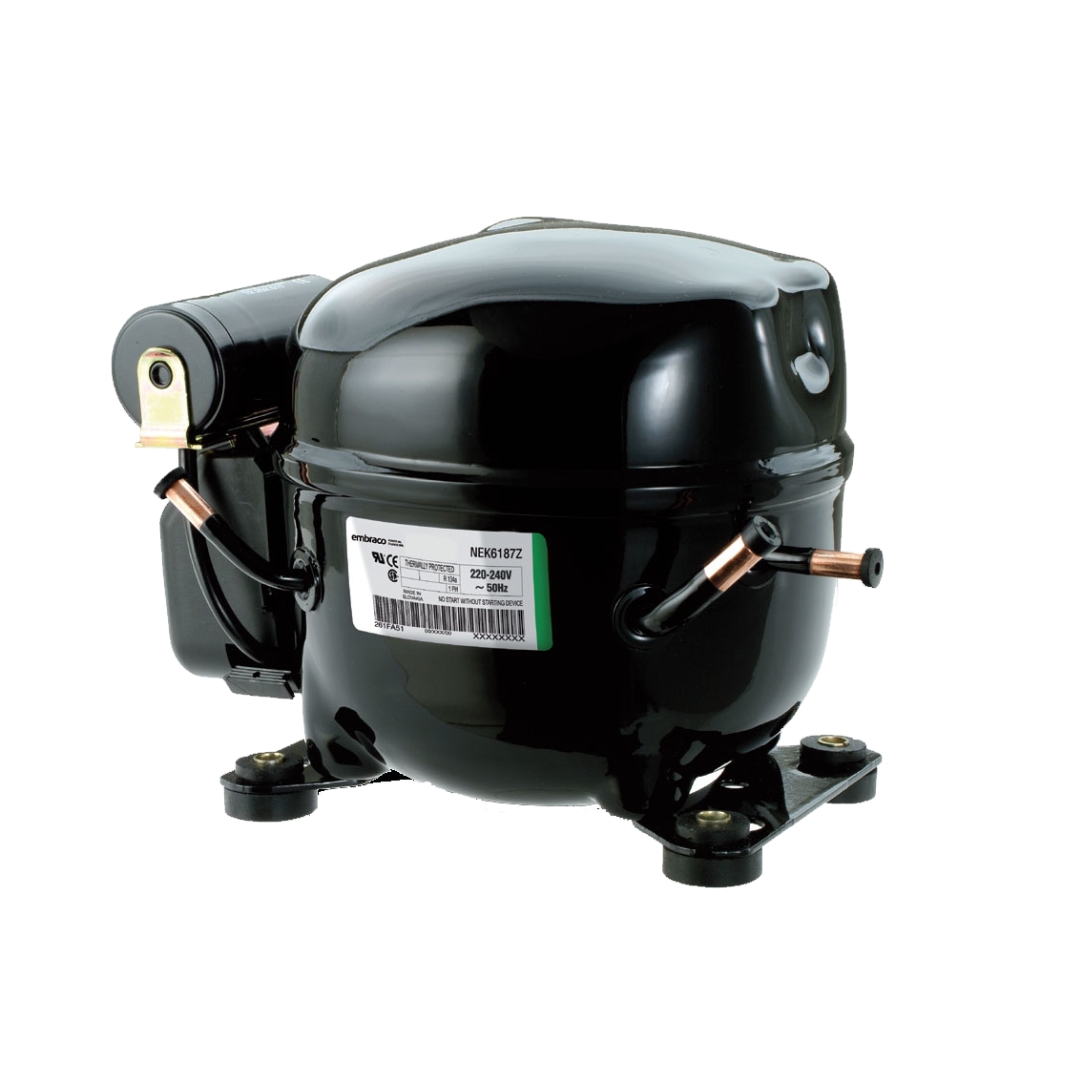
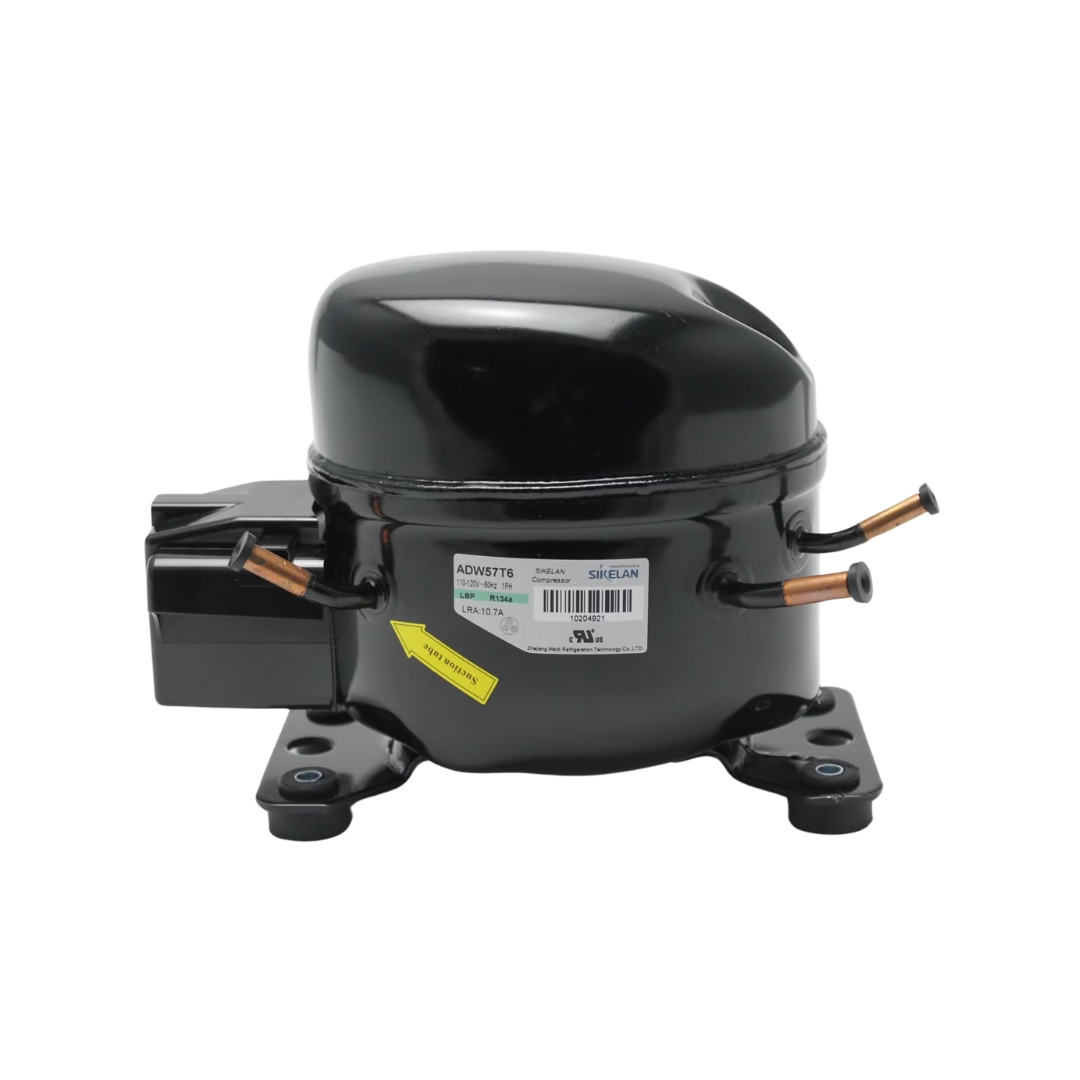
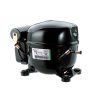
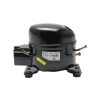

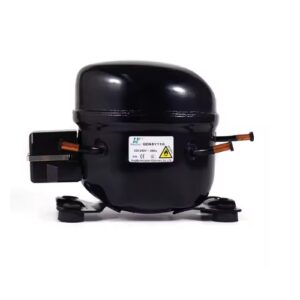
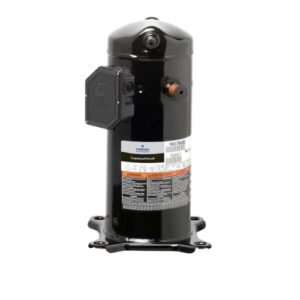

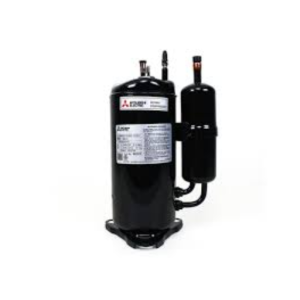
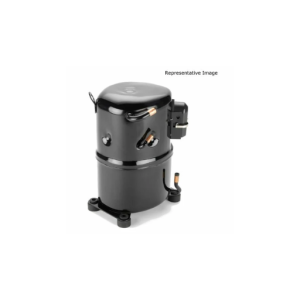
Reviews
There are no reviews yet.